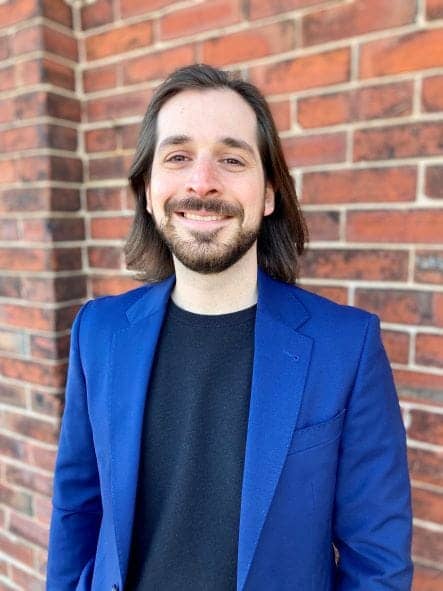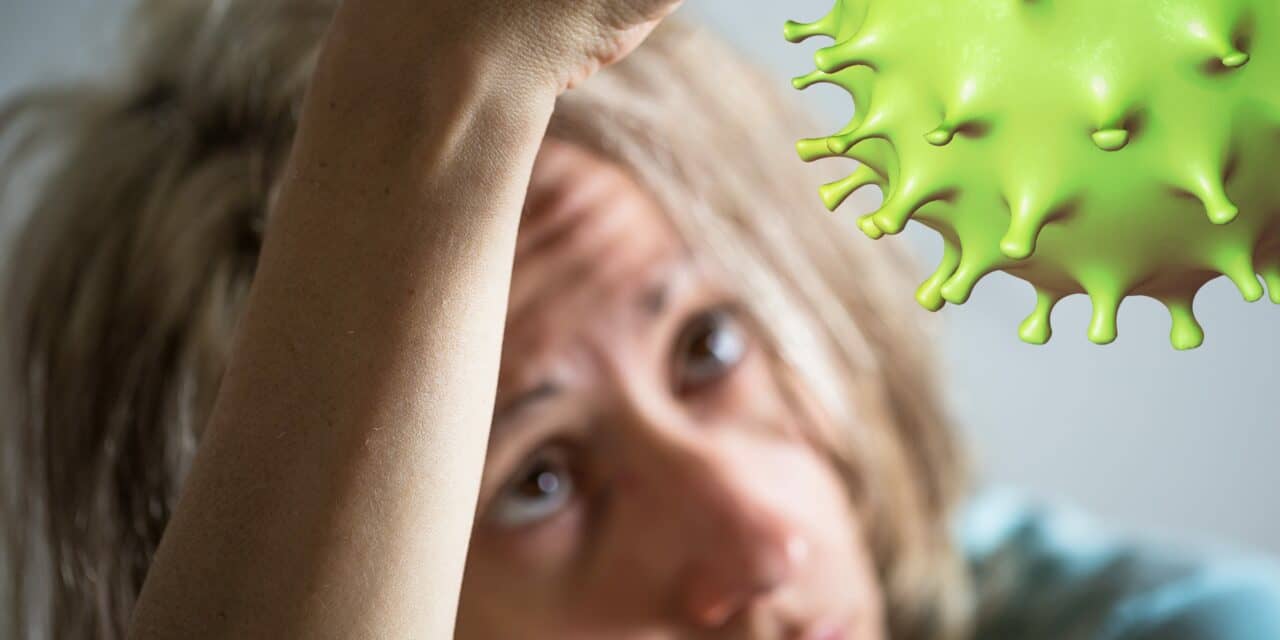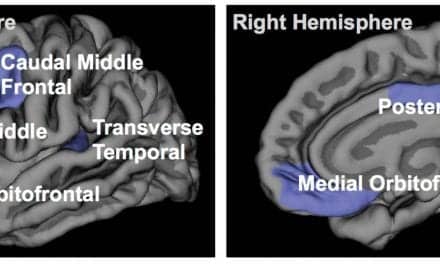Interview by Steven Martinez
The COVID-19 pandemic offered researchers a rare opportunity to see the effects of a potentially distressing global event on people with sleep reactivity, that is, those who are vulnerable to stress-related sleep disturbances.
Anthony N. Reffi, PhD, a postdoctoral clinical psychologist at the Thomas Roth Sleep Disorders & Research Center at Henry Ford Hospital in Detroit, and co-investigators specifically wanted to measure sleep reactivity as a prospective predictor of COVID‐19 pandemic‐related distress. Their study used a full, psychometrically-sound measure of sleep reactivity assessed several years prior to the pandemic.
They also conducted a preliminary test of digital cognitive behavioral therapy for insomnia (CBT‐I) to see whether it would change the relationship between sleep reactivity and pandemic‐related distress.
Reffi discussed the study with Sleep Review over email. The transcript has been lightly edited for clarity and style.
[Editor’s Note: Read the full study, Pre-pandemic sleep reactivity prospectively predicts distress during the COVID-19 pandemic: The protective effect of insomnia treatment in the Journal of Sleep Research.]
Why did you choose the COVID-19 pandemic as a stressor to study?
ANR: My colleague Phil Cheng, PhD, completed a clinical trial in 2016-2017 comparing digital CBT-I to a digital sleep education control for treating insomnia. Once the pandemic started, he wondered how those patients were doing during this pronounced stressor, both in terms of managing their sleep and their mental health more broadly. So, he re-contacted them and collected follow-up data.
Your study re-contacted people during April 2020, probably the most stressful point of the pandemic for most people. Do you think if you had contacted them a year later when most people had more time to process it that the answers they gave about stress and depression would have correlated as well with the previous sleep reactivity study?
ANR: This is a great question and something we actually note in the limitations section of our paper. I do think the results could have looked different. We know that people tend to experience more severe responses during the acute phase of a trauma that gradually dissipates over time, so I do expect that we might have seen something else had we collected data deeper into the pandemic.

Which digital CBT‐I program/programs did you utilize and why?
ANR: We used Sleepio. This has been tested in multiple studies across several thousand patients, including some of our own, and has been shown to reliably treat insomnia just like face-to-face CBT-I.
What, if anything, surprised you at how well the 2016 sleep reactivity study predicted the stress and depression levels in 2020?
ANR: It was not too surprising because there is emerging literature showing sleep reactivity contributes to posttraumatic stress reactions, and there is also an evidence base documenting that sleep reactivity contributes to depression. So our findings were consistent with our hypotheses going in.
What did your research show about how digital CBT‐I mitigates stress in people who previously had sleep reactivity problems?
ANR: Individuals with high pre-pandemic sleep reactivity who received dCBT-I in 2016–2017 reported significantly lower levels of pandemic-related stress reactions in 2020 compared to those who received sleep education only. This suggests dCBT-I confers protective effects for reactive sleepers against maladaptive stress reactions.
What are the clinical implications of your research?
ANR: One of the ideas that really interests me is whether we can use our brief measure of sleep reactivity—the Ford Insomnia Response to Stress Test (FIRST)—to identify in advance those who will be most vulnerable to severe distress after they experience a stressful life event. If we can detect this at-risk group before the stressor occurs, then we could triage those with high sleep reactivity to receive a preventive treatment to hopefully promote resilience to the stressor. This might be something we can do with first responders, for instance.
What further research should be done on the link between poor sleep and posttraumatic stress and depression?
ANR: There is still much to be done to better understand why sleep is related to PTSD. For example, there is some evidence pointing to REM sleep as a possible mechanism, but those data are quite mixed.
Sleep researchers interested in participating in a Q&A should email editor[at]sleepreviewmag.com with a link to their relevant study.
Photo 176999464 © Bennymarty | Dreamstime.com





